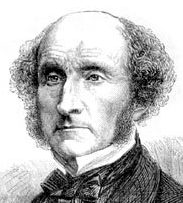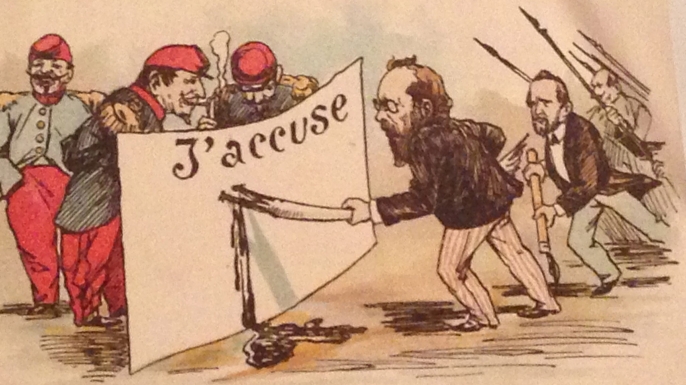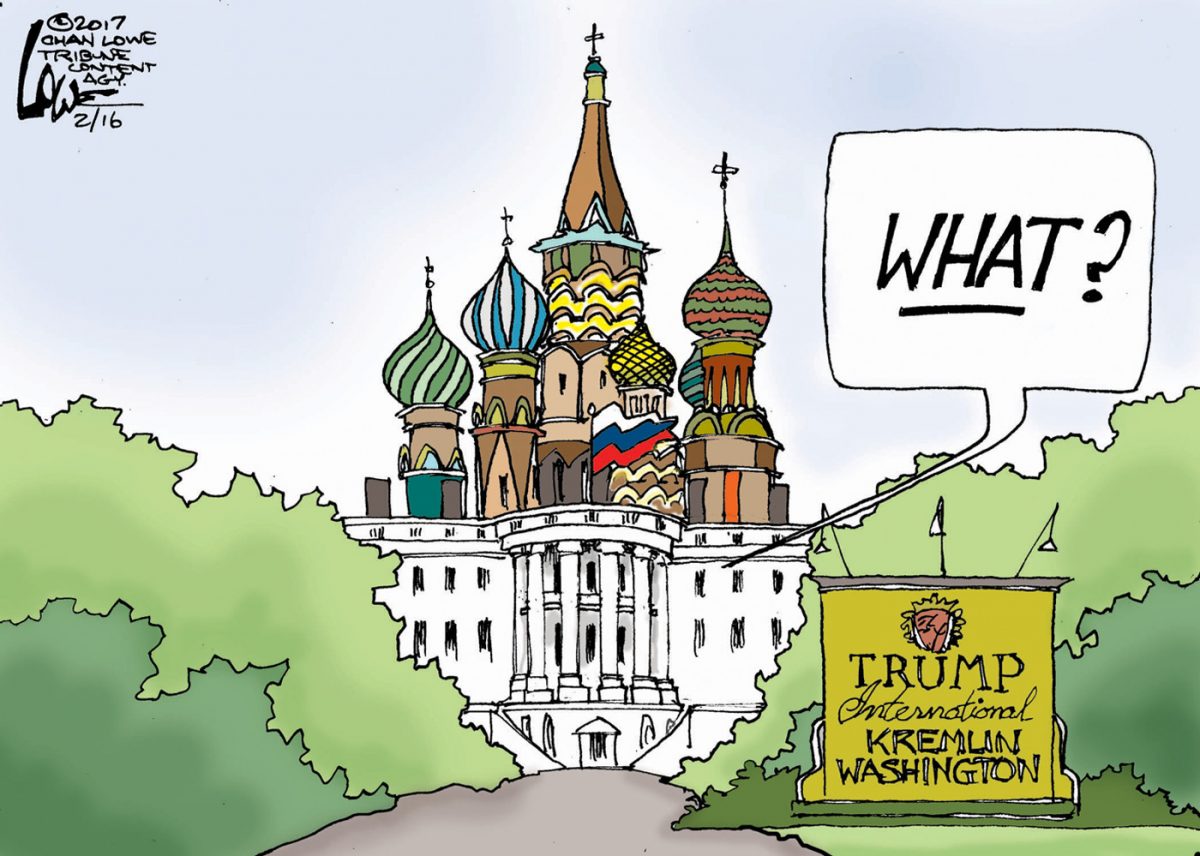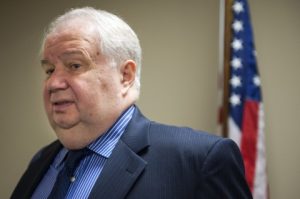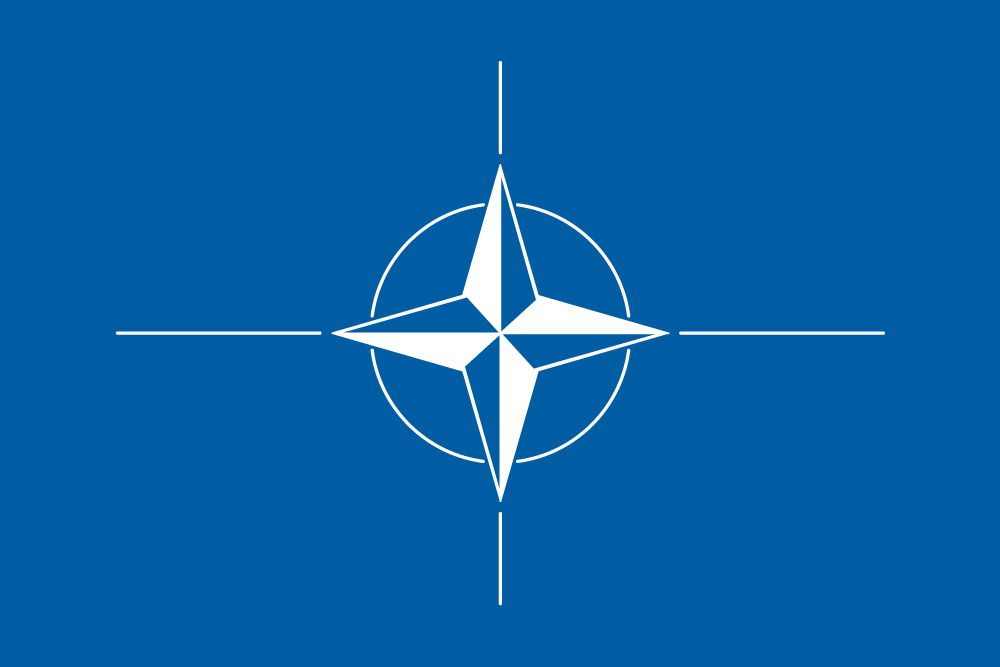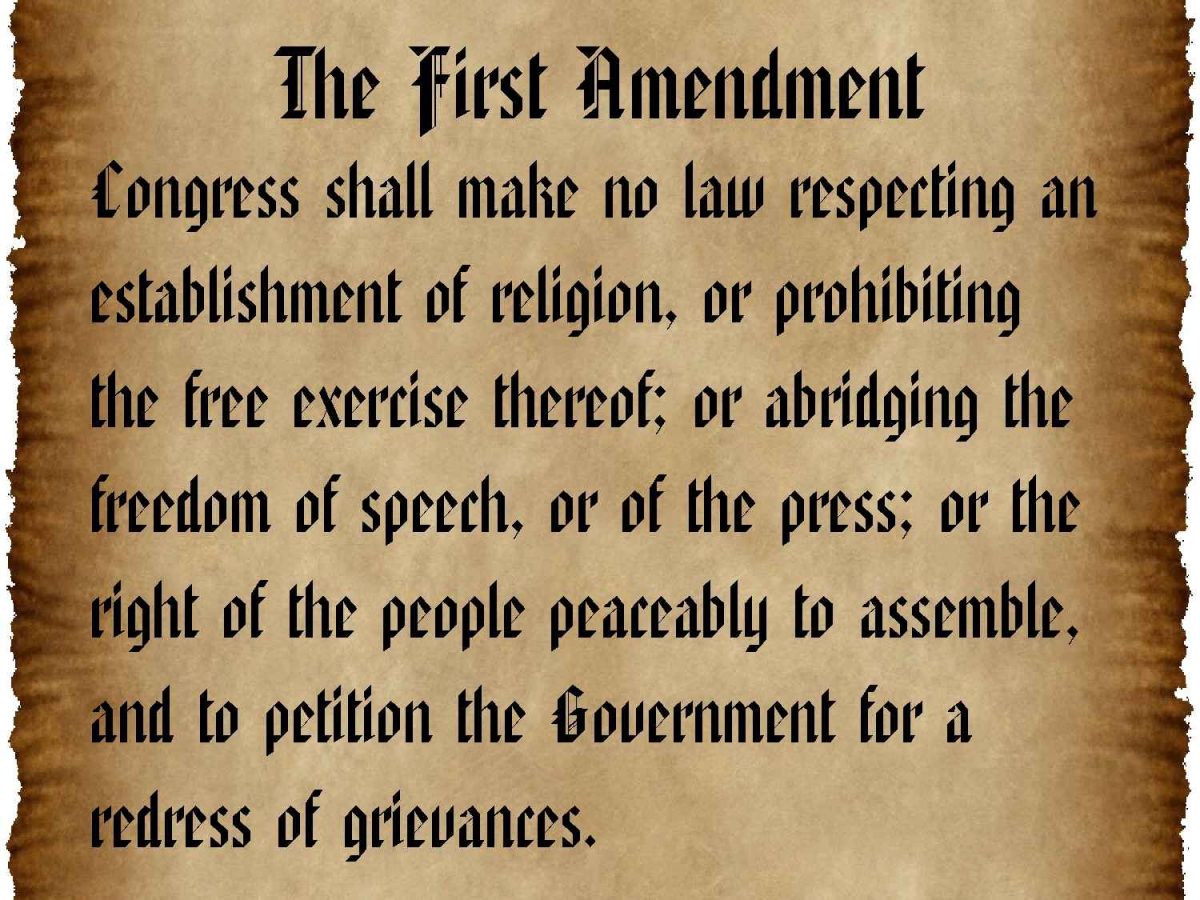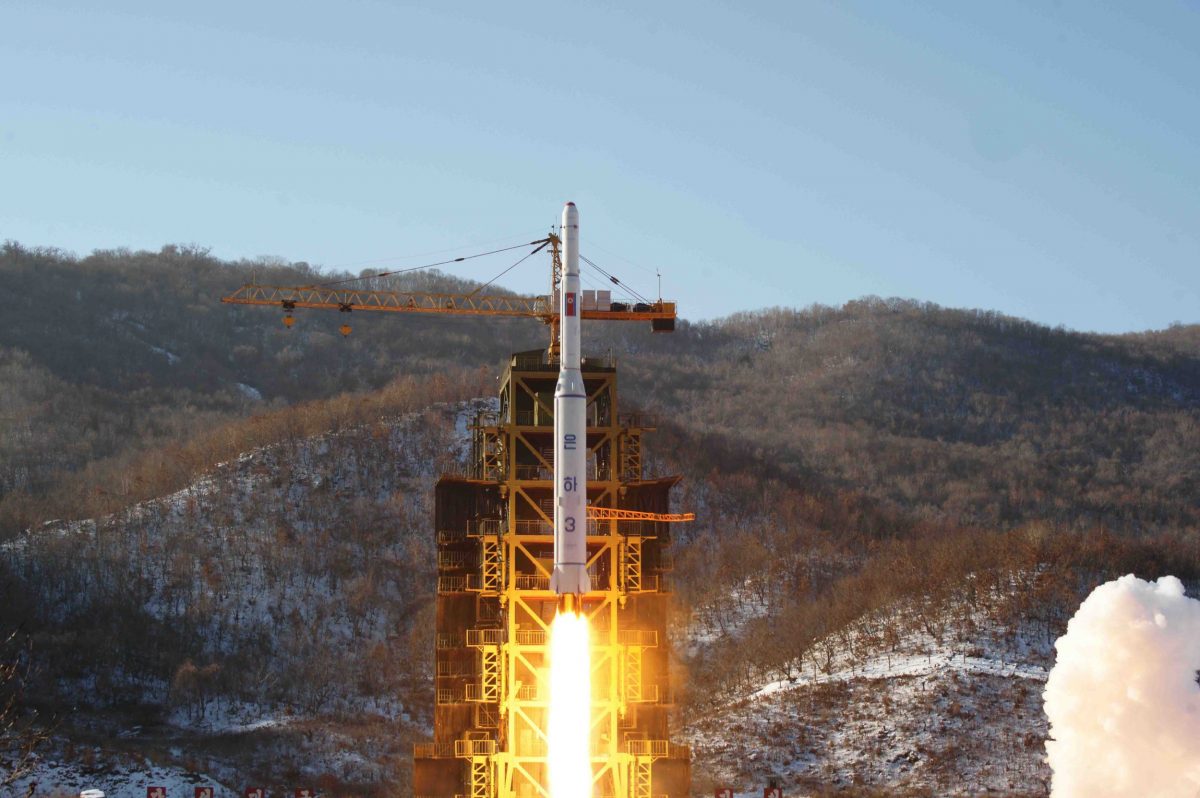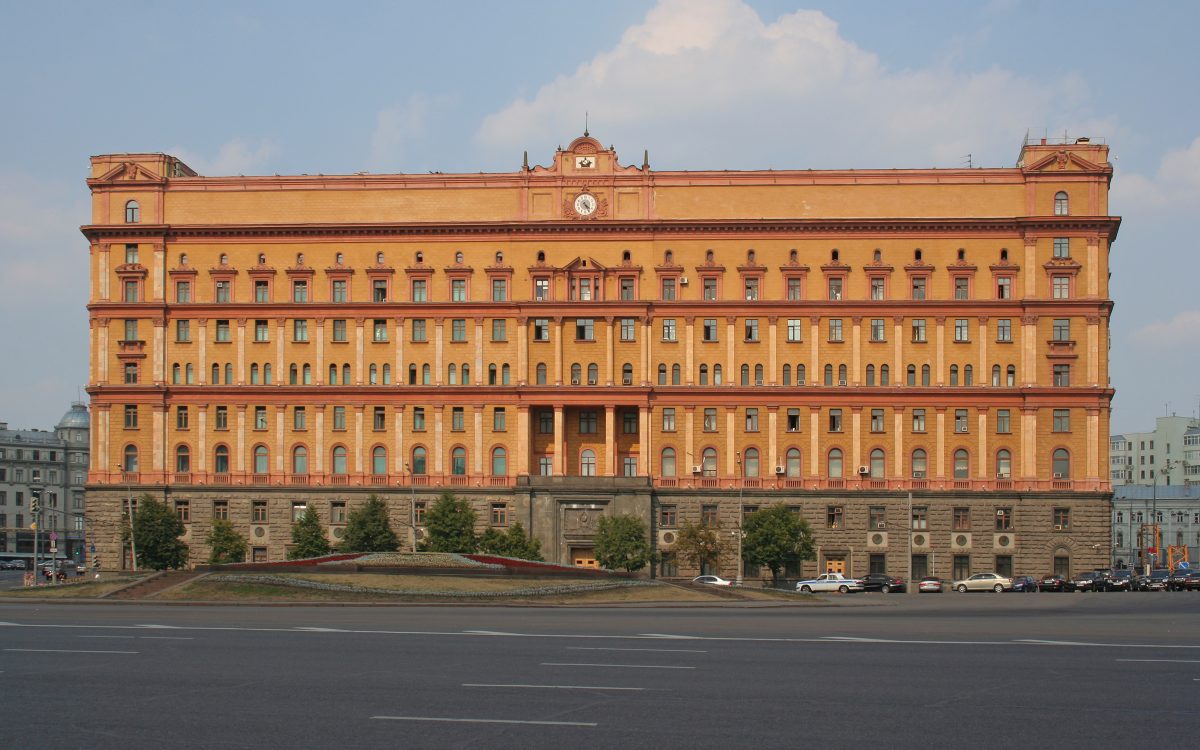It looks like there was no Washington swamp draining during the Obama presidency. We now know that during his administration John Podesta’s brother, Tony, lobbied on behalf of Russia’s largest bank, Sberbank. John Podesta, of course, was the national chairman for Hillary Clinton’s presidential campaign. He had also previously been a special counselor to President Obama. Tony Podesta’s goal: removal of sanctions imposed by President Obama on Sberbank. Tony added David Adams to his Sberbank team. Mr. Adams, fortuitously, served as Hillary’s assistant secretary of state for congressional affairs.
According to reports, the lobbying effort focused on the executive branch and the Congress. Tony Podesta’s firm arranged at least two meetings between Sberbank and officials from the State Department. Looks like it was a good idea to have David Adams involved. Easier to get into the State Department, we suppose.
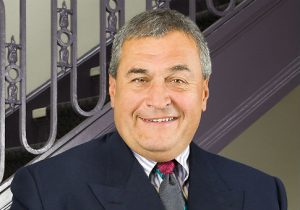
So let’s try to understand this one. Democrats strongly infer collusion existed between the Trump campaign and the Russian government to somehow throw the election to Donald Trump. At the same time, a powerful Democratic lobbying firm, with direct relationships into the White House, arranges meetings on behalf of a major Russian bank to eliminate sanctions.
Washington Swamps and Washington Hypocrisy
Does any of this stink? Are we the only ones bothered by any of this? If we ever needed evidence of the Washington Swamp, this is certainly it. When will the swamp draining begin?
Politics as usual in Washington. And a little hypocrisy to boot. We guess it’s OK for prominent Democrats to lobby on behalf of a Russian bank that is subject to sanctions. But it’s not OK for the new President, or any of his associates, to converse with the Russian ambassador to the United States. Maybe this makes sense in some alternative universe. Or maybe it just makes sense in Washington, D.C.
